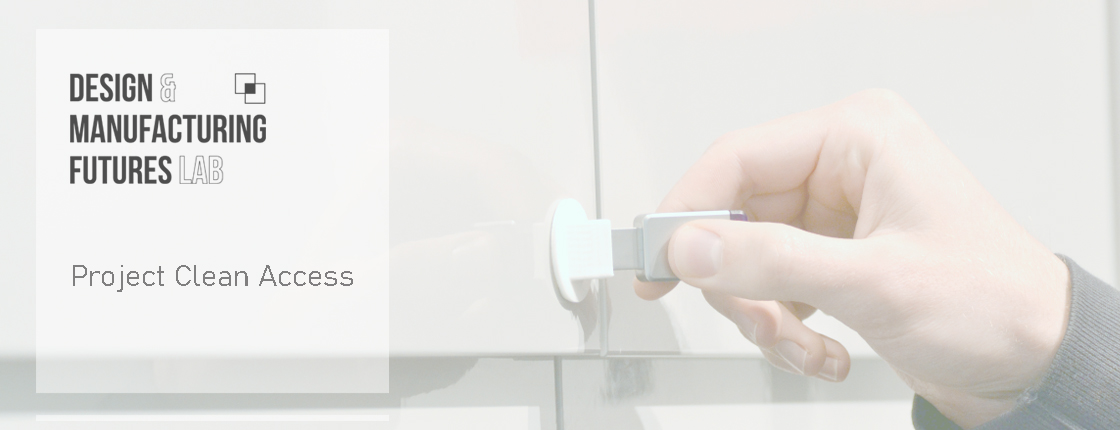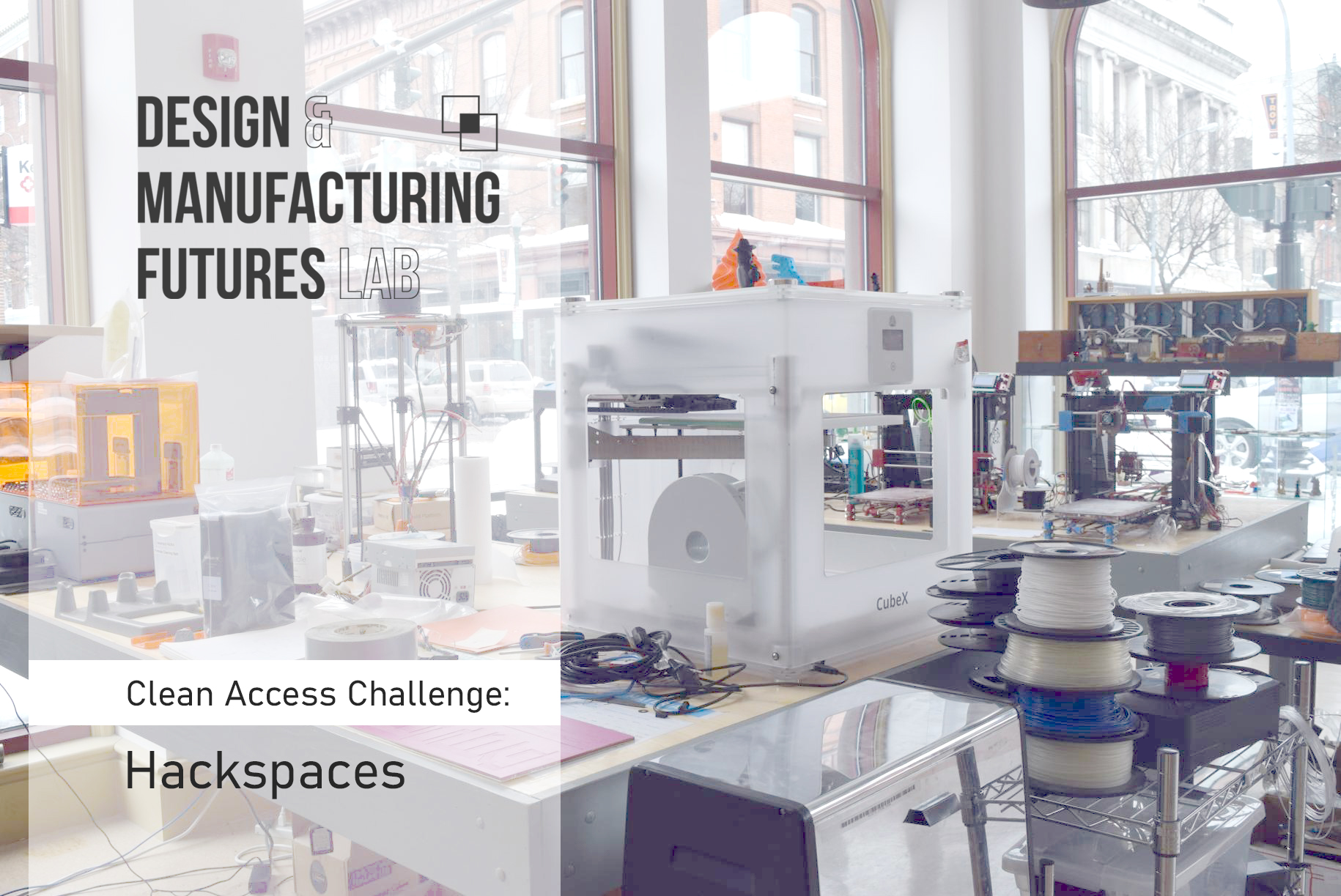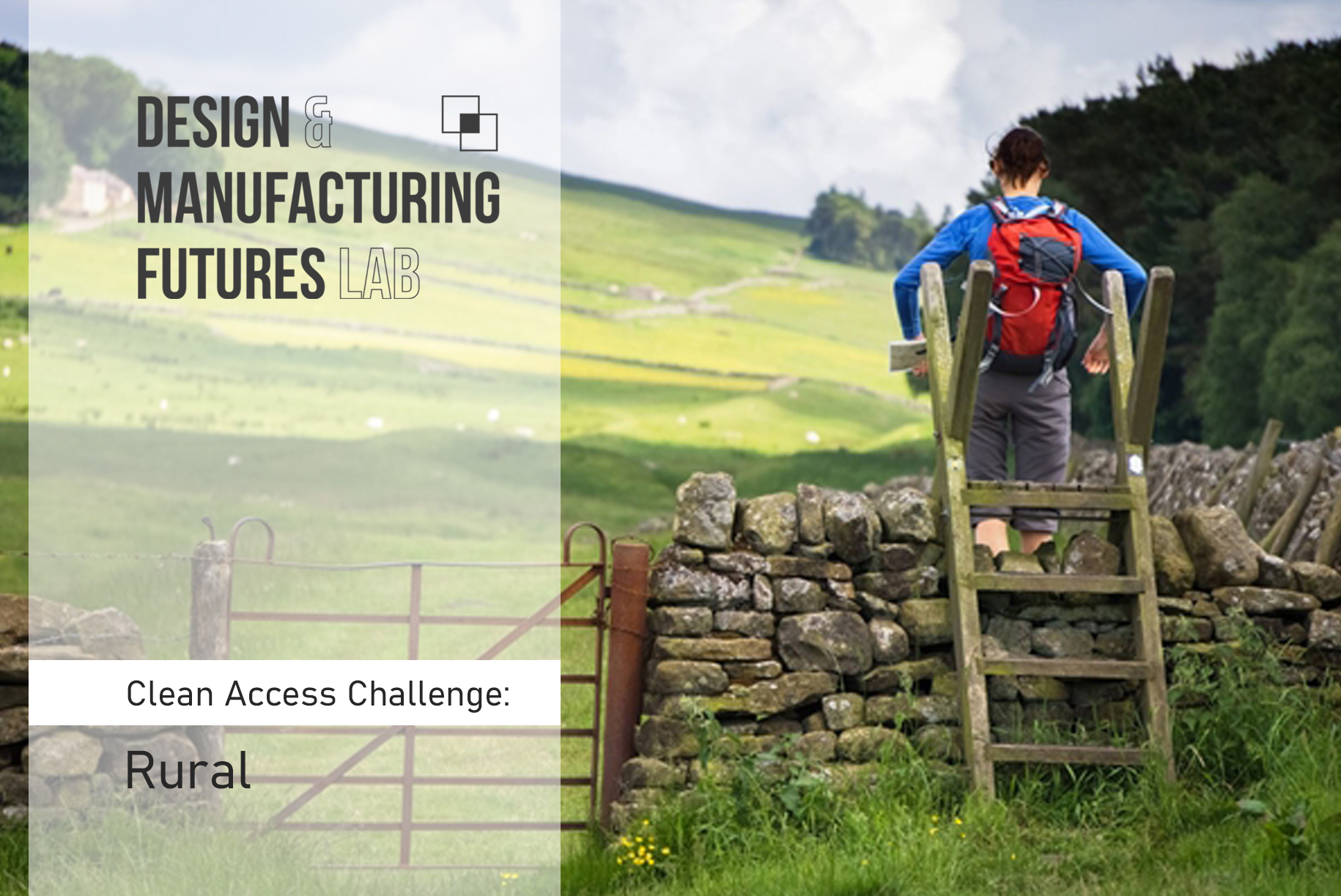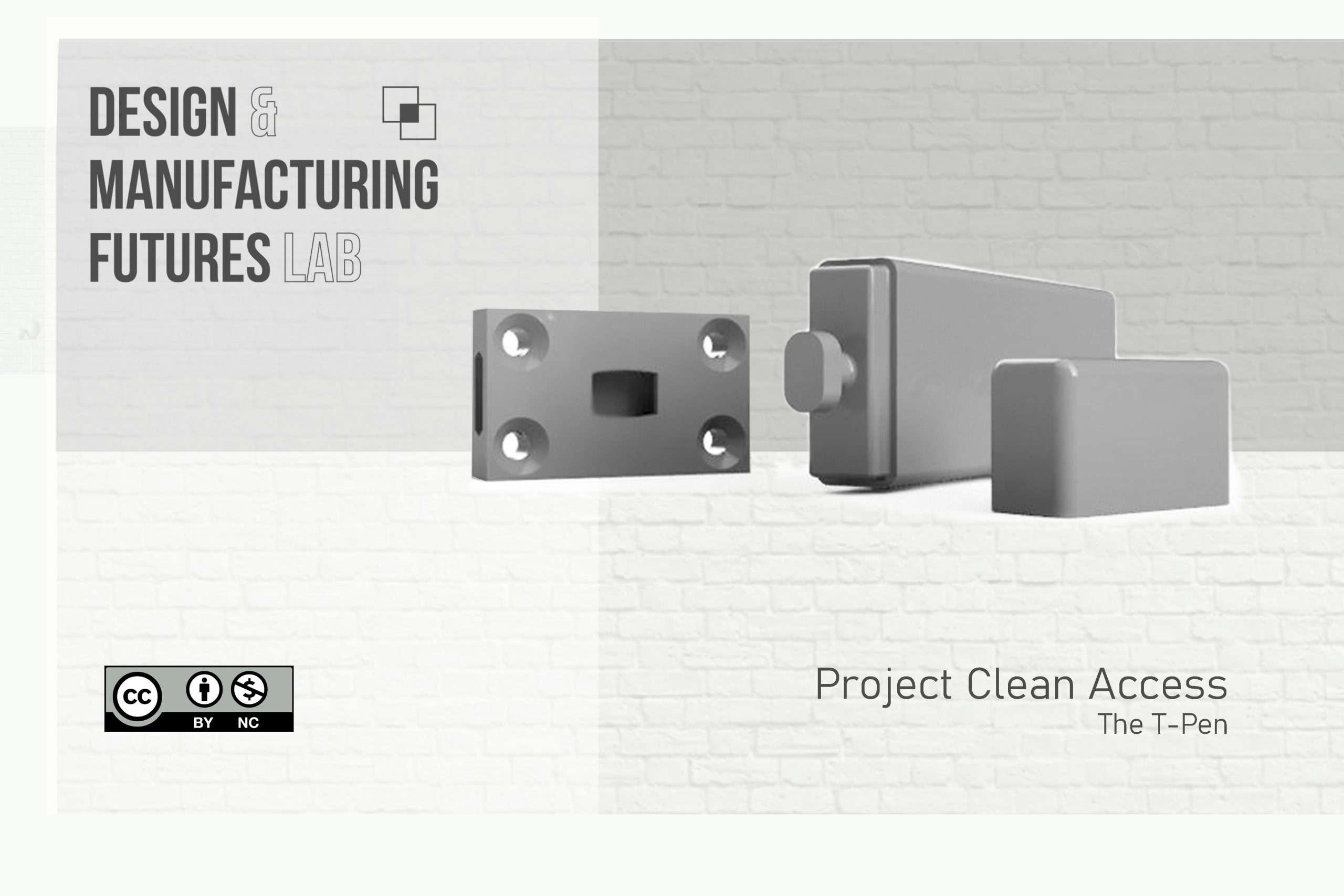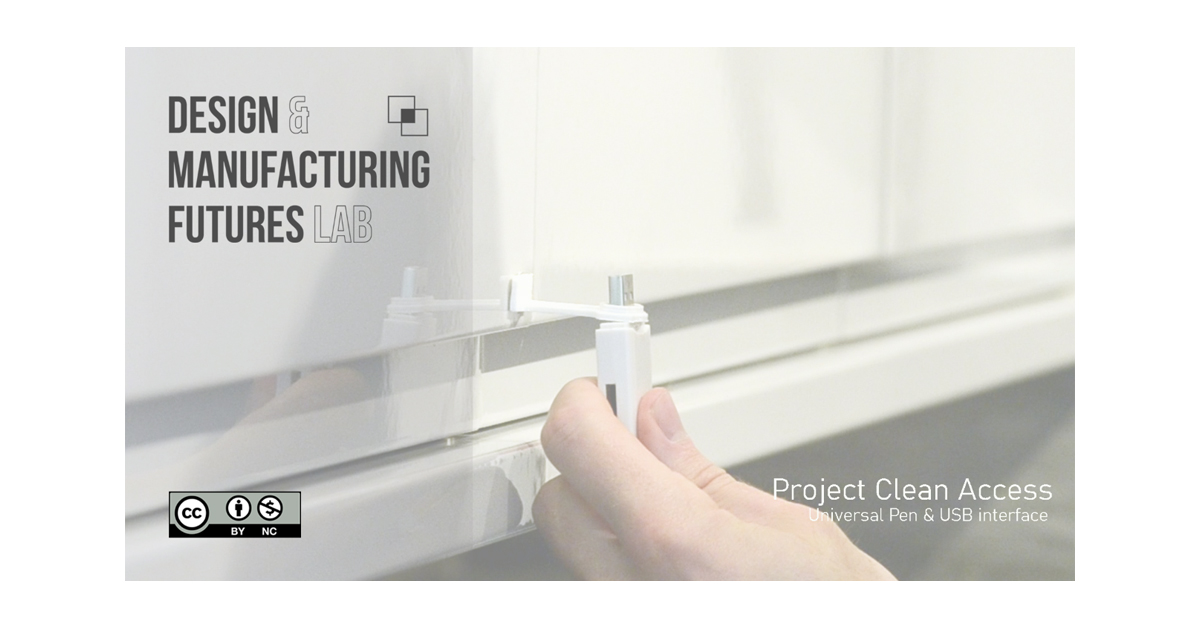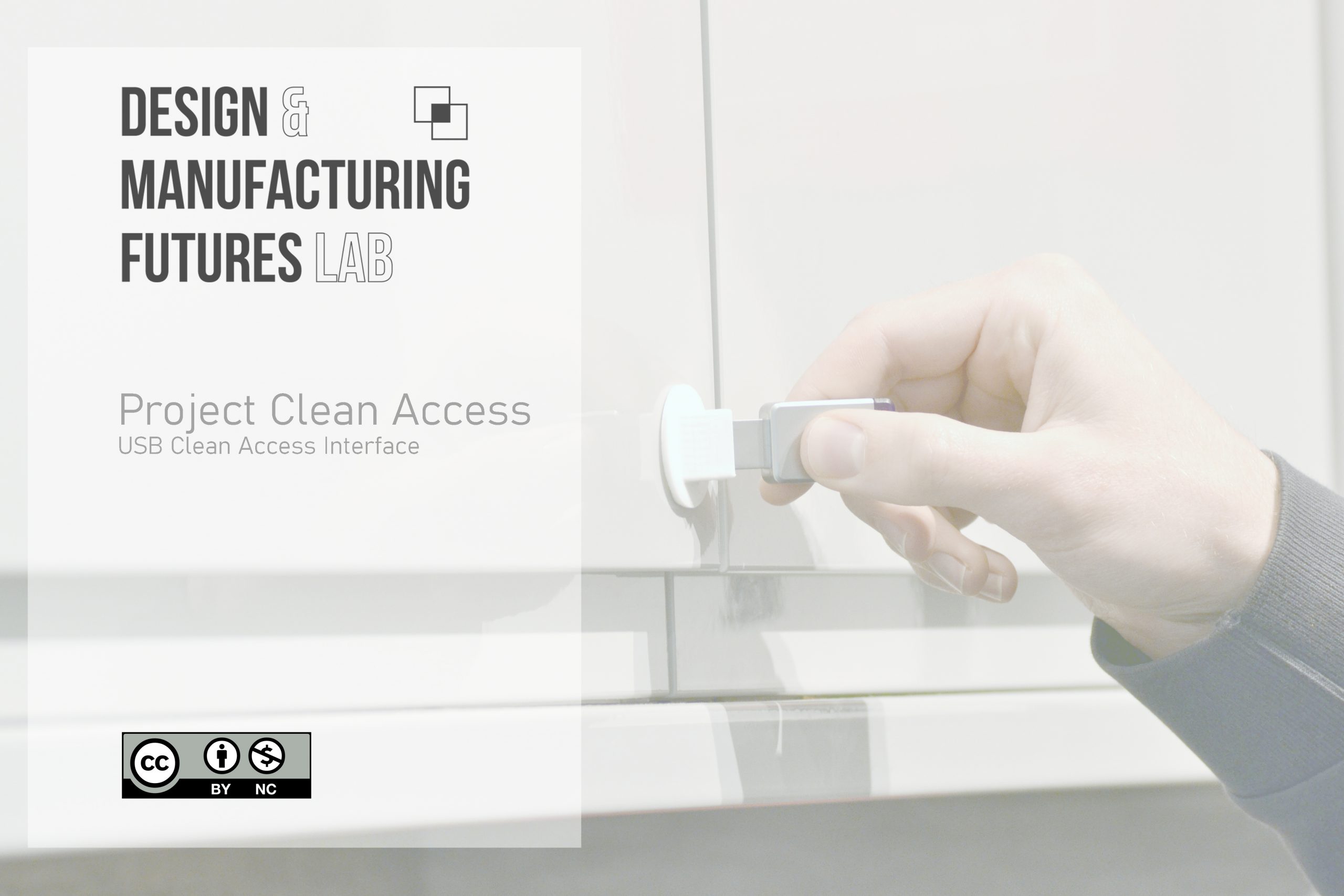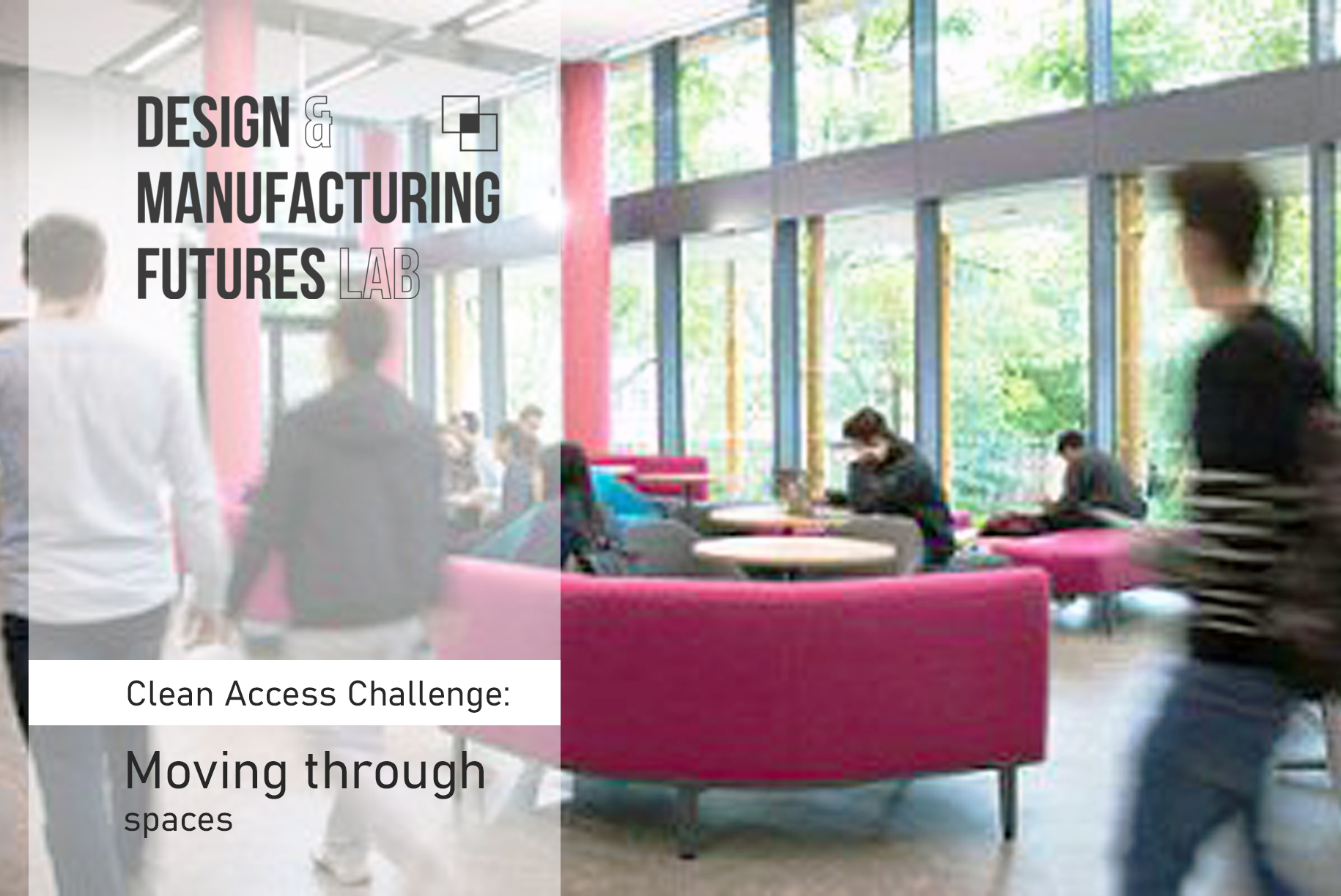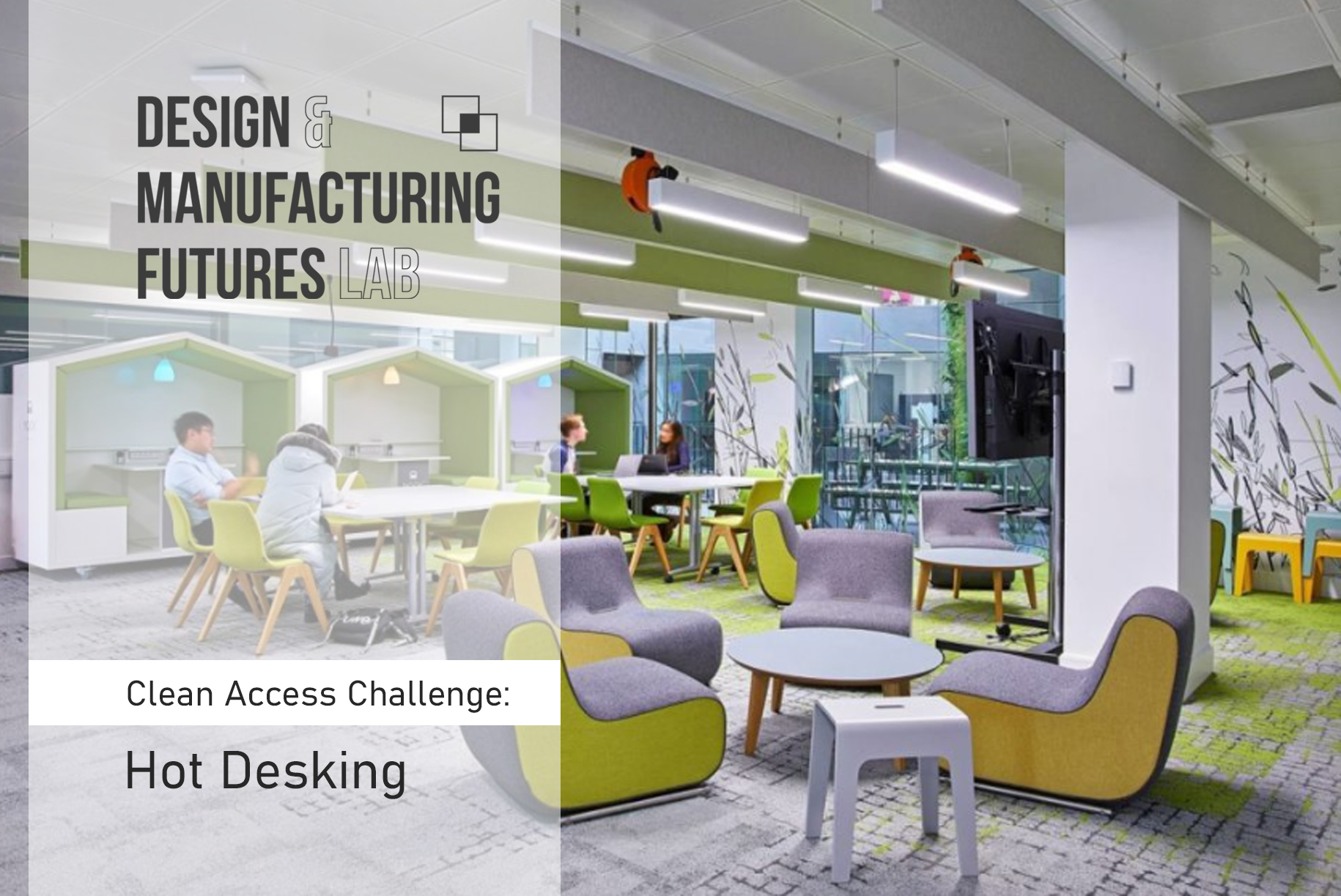Project Clean Access Launches
Project Clean Access has offcially launched on the DMF website. Please head over to the Project Clean Access page on our site for more information, and see the launch e-mail below. Dear All, The Design and Manufacturing Futures Lab at the University of Bristol is proud to launch Project Clean Access (https://dmf-lab.co.uk/project-clean-access/): a global initiative […]

